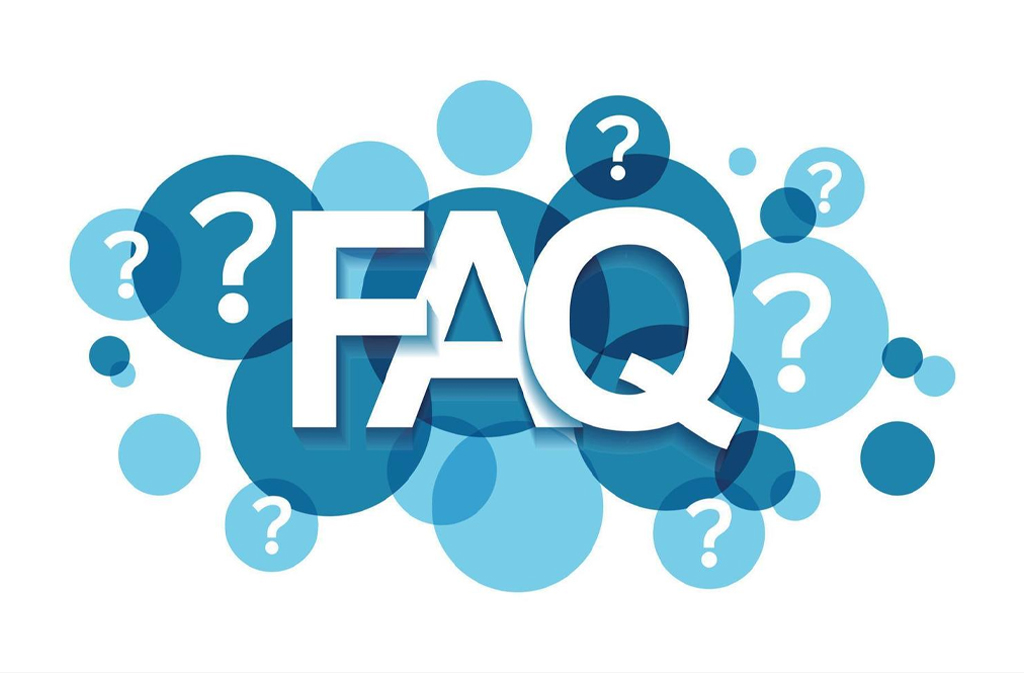When people search for discog define, they usually want to understand what a discography is and why it is important. A discography, often shortened to “discog,” is a collection of music recordings from an artist, band, or label. It works like a catalog that lists all albums, singles, and other releases.
The term may sound technical, but in reality, it is simple. If you enjoy music, chances are you have already looked at a discog without realizing it. It is a tool that music lovers, collectors, and researchers use to organize and explore an artist’s full body of work.
What Does discog define Really Mean?
To discog define, we need to break the word into two parts. “Disco” comes from “disc,” referring to records, CDs, or music formats. “Graphy” means writing or listing. Together, discography means the written record of music releases.
In practice, a discography is a list that usually includes the title of the album, release year, track listings, and sometimes even chart performance. When someone says “discog define,” they are asking for the explanation of this term in a clear way.
Why Do People Search for discog define?
Many people search for this phrase because they want to know how to use a discography. Music fans often like to see the full list of works by their favorite artist. Without a discography, it would be hard to know if you have all the albums or if you missed a hidden gem.
Additionally, researchers, writers, and even music teachers use discographies. They need complete lists of recordings to study an artist’s growth or influence. That’s why searching for “discog define” is common among people who want clarity.
The Role of Discographies in Music History
Discographies play a very important role in music history. They serve as a timeline of an artist’s career, showing how styles, sounds, and themes change over time. For example, looking at The Beatles’ discography shows how they moved from pop rock to more experimental music.
Without discographies, it would be harder to track progress and impact. Fans might enjoy a single song, but they would miss the full journey. This is why discographies are valued not just by collectors but also by historians.
How Does discog define Help Collectors?
For collectors, discographies are like maps. They tell you which records exist, which versions were released, and how rare they are. This helps collectors decide which albums to hunt for and which editions hold value.
Moreover, discographies often include details like country of release, record label, and cover art variations. All these details make the collection process more exciting. So when people ask for “discog define,” collectors know it means much more than just a list.
Discography vs. Playlist: What’s the Difference?
At first, discographies and playlists might look similar, but they are very different. A playlist is a personal selection of songs, often made by fans or streaming platforms. A discography, on the other hand, is official and complete.
For example, you can make a playlist of your favorite Taylor Swift songs. But her discography includes every album, single, and even limited releases. That is the difference, and that’s why the idea of “discog define” matters when explaining music terms.
Online Platforms That Use Discographies
Today, discographies are easier to access thanks to digital platforms. Websites and apps list entire discographies for free. Users can check release dates, listen to tracks, and sometimes even see fan reviews.
This has made the term “discog define” even more relevant. With so many platforms offering music data, people want to understand what these lists mean and how they differ from casual song collections.
Why Students and Beginners Should Know discog define
Music students often study discographies to learn about genres, styles, and trends. For instance, a jazz student might look at Miles Davis’ discography to see how his sound developed over decades.
Beginners also benefit from this knowledge. If you are new to music appreciation, learning what discog define means can help you explore artists in a structured way. Instead of hearing random tracks, you can follow the artist’s journey step by step.
The Value of Discographies in the Digital Age
In the digital age, many people think music is just about streaming singles. However, discographies remind us that albums and complete works matter too. They show how artists planned their releases and created themes across multiple songs.
Therefore, knowing discog define is important even today. It helps people move beyond just listening to one hit song. It opens the door to exploring the entire world of an artist’s music.
Final Thoughts
In conclusion, when people ask about discog define, they want to know what a discography is and why it matters. A discography is more than a list of songs; it is a record of history, growth, and creativity.
Collectors, fans, and students all benefit from discographies. They provide structure, knowledge, and appreciation for the full scope of music. This is why the term remains important, even in the modern digital age.

Frequently Asked Questions (FAQs)
Q1. What does discog define mean?
It means the definition of discography, which is a complete list of an artist’s music releases.
Q2. Why are discographies important?
They help fans, collectors, and researchers understand the full body of work from an artist or band.
Q3. How is a discography different from a playlist?
A playlist is personal and selective, while a discography is official and complete.
Q4. Where can I find discographies online?
You can find them on music websites, streaming platforms, and fan databases.
Q5. Who uses discographies the most?
Collectors, students, researchers, and music lovers often use discographies.
Visit our website: Creative Blog Ideas